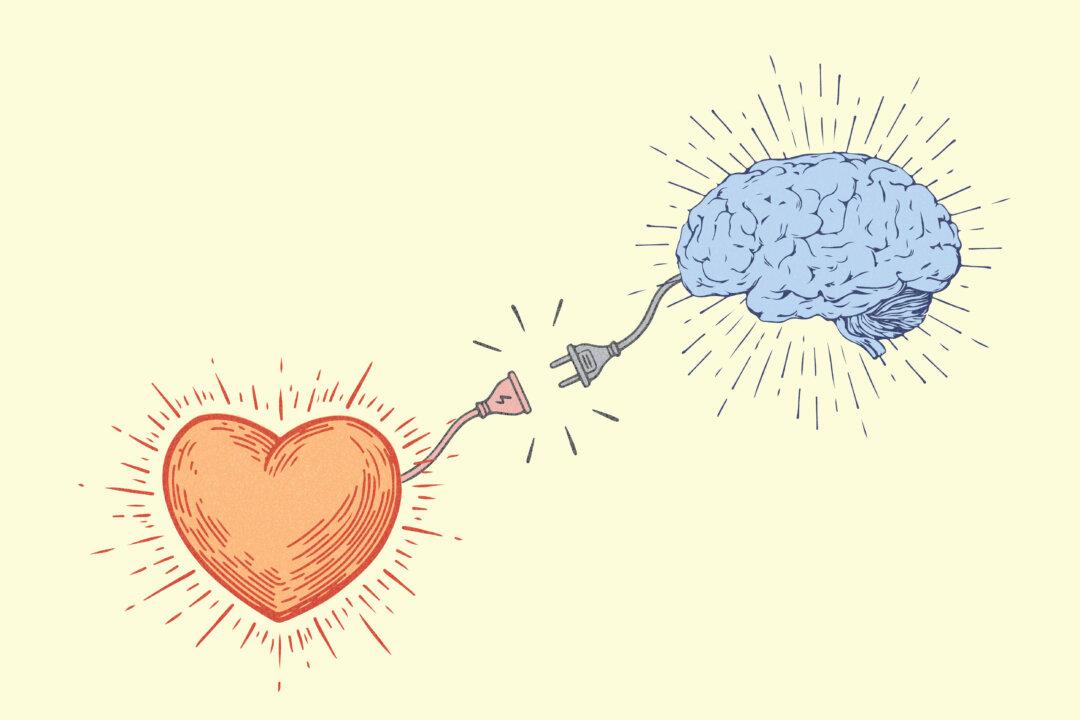A few generations ago, most people knew how to mend a shirt, unclog a drain, and cook from scratch. Today, these skills are disappearing.
With our modern conveniences and shifting priorities, it may be hard to see why losing basic skills matters.
With the prevalence of cheap clothing, knowing how to mend a torn shirt or replace a lost button hardly seems necessary. A simple phone call to a plumber or handyman will resolve any clogged drain. And why cook when fast food and meal kits can be delivered to your front door?
However, these vanishing life skills are far more crucial than we realize.
Practical life skills give us the confidence to think creatively and solve problems when resources are limited, or we find ourselves in a difficult or unexpected situation. Building a skillset helps to reduce anxiety about the future, makes us more competent, and gives us a sense of control regardless of what the future brings.
- Navigating without GPS (using a map, landmarks, etc.)
- Knowledge of medicinal foods and plants
- Gardening
- Preserving foods
- First aid (CPR, stopping bleeding, dressing a wound, stitching, etc.)
- Sourcing fresh water and food in an emergency
- Hunting/fishing
- Being aware of your surroundings
- Making basic repairs
Besides their practicality, learning these skills benefits our minds and spirits.
We thrive when we learn something new and challenge ourselves. It exercises our brains and feeds our souls.
Research suggests that basic skills have physical benefits, too.
Learning these skills used to be a normal and necessary part of life. While technology may have made many seem obsolete, they still offer much more than knowledge and know-how. They forge resilience and nurture self-reliance while enriching our hearts and minds.





